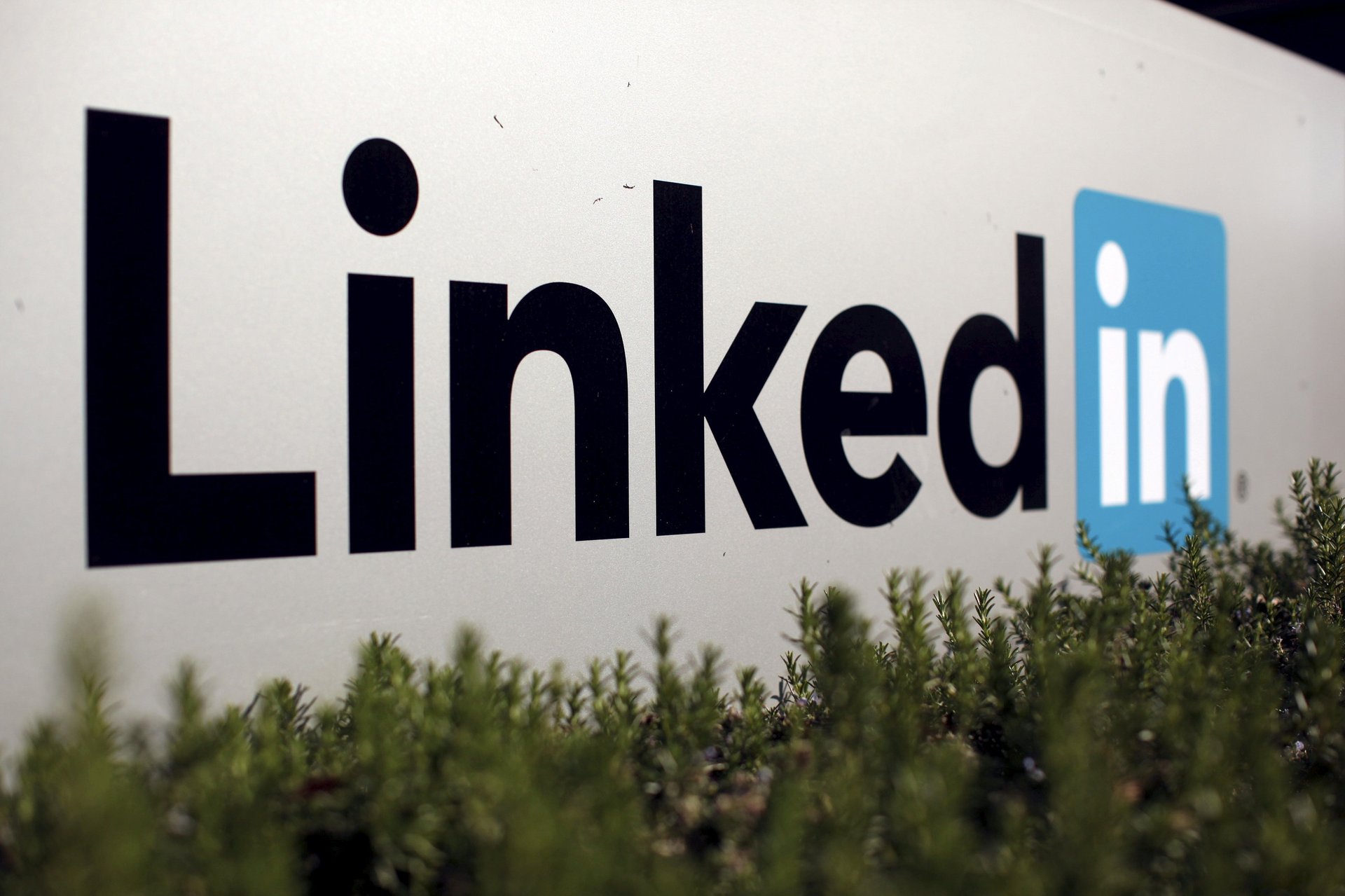China is using LinkedIn as a tool to buy American secrets
Twitter scrubbed the accounts of thousands of Russian trolls. Facebook removed from its services groups created to sow discord in American politics. And now LinkedIn is on high alert.


Twitter scrubbed the accounts of thousands of Russian trolls. Facebook removed from its services groups created to sow discord in American politics. And now LinkedIn is on high alert.
The US National Counter-Intelligence and Security Center says it has increasingly found Chinese spy agencies using fake accounts on the Microsoft-owned employment-oriented network to try and convince people with access to government and commercial secrets to share that information.
It’s unclear just how many accounts the government has discovered, but in an interview with Reuters, William Evanina, the head of US counterintelligence described the Chinese campaign as “super aggressive.” To be sure, it’s highly unusual for top US government official to name a specific American-owned company publicly in an attempt to spur it to take action.
For its part, LinkedIn said it removed fewer than 40 accounts for the alleged activity, and that it is working with the US government. In all, the social network claims it has more than 562 million users around the world, 150 million of whom are in the US.
Earlier this year, a former Central Intelligence Agency (CIA) officer was convicted of violating his top secret US security clearance and selling secrets to China (paywall). That case began in 2017, when the officer, Kevin Mallory, told the CIA that the Chinese were trying to recruit him to share intelligence, after making contact through a LinkedIn message. What he did not tell the CIA, though, was that he had accepted $25,000 to hand over classified documents. At the time, Mallory was three months late on his mortgage payments, making him an easier target for the Chinese.
Cyber warfare through social media websites is increasingly in the news, exposing how ill-prepared the US is at warding off cyber attacks. In 2017, retired US admiral James Stavridis testified to the Senate Armed Services Committee that America is not prepared for the new digital battleground, despite the billions of dollars spent on online security by the public and private sectors.
“This is no longer an issue for watercooler-fodder and it can’t be left to ivory tower contemplations,” Stavridis wrote in a statement published by Tufts University’s Fletcher School of International Affairs, where he serves as dean.